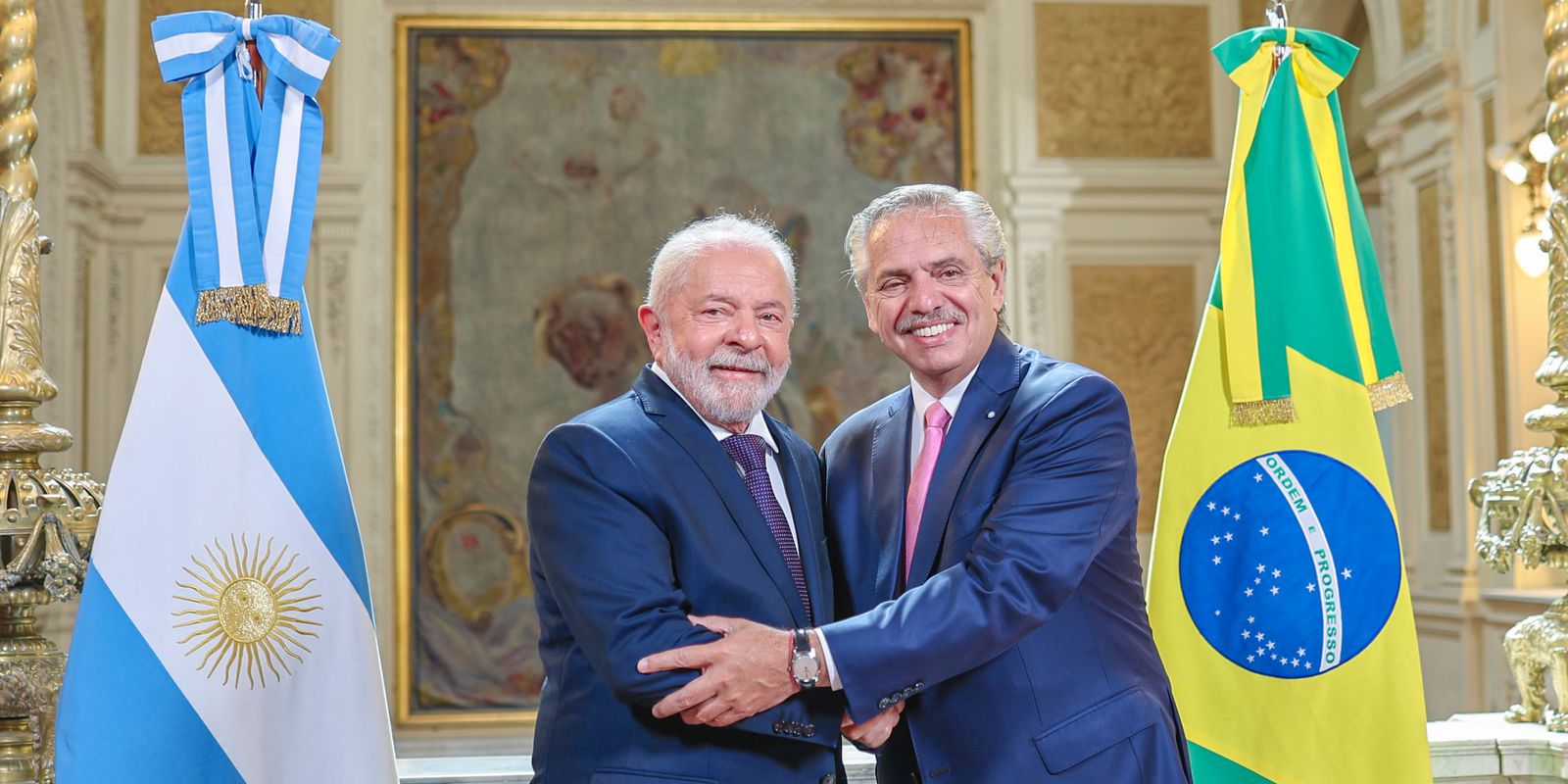A little more than three months after the election of the Constitutional Council that will be carried out in a mandatory manner at the polls on May 7, the ruling party has not yet decided whether it will appear on one or two lists on the ballot, between its two souls; Democratic Socialism and I Approve Dignity. It is pending to see, in case it is not one, if the narrative of the Government of President Gabriel Boric manages to permeate the two lefts that are formed.
“Whichever electoral formula is chosen, I believe that the unpresentable thing would be not to take the weight of the responsibility that we have to be cohesive,” said the Minister of the Interior Carolina Tohá, in an interview with Third, together with emphasizing that despite the existence of this duality “we are governing together”.
For her part, the government spokesperson, Minister Camila Vallejo, said that “what matters most to us is that the parties can reach an agreement on the matter. That is the fundamental principle, that this does not translate into differences that are irreconcilable (…) We are not going to establish orders or obligations or interventions. In no case are we interveners”.
You may also like:
From Democratic Socialism, the helmsman of the Socialist Party (PS), Paulina Vodanovic, stated after a meeting between the two blocks at the socialist headquarters, that “the path of the PS is the widest range of forces from the DC to the PC. That is our position and if that is not achieved, it will not be due to the PS’s lack of will, but because there are other parties that are going to make that decision”. In the PS they will debate the issue in depth this Saturday in a council, an instance in which a political definition will be taken, according to the aforementioned media.
From the Party for Democracy (PPD), Secretary General José Toro affirmed that his position is to go on two lists, “because it allows us to broaden the social and political base of the government.” In the opinion of the PPD —which will also make a decision this weekend— “it is necessary to grow, to get out of the electoral niches. The two lists must be de-dramatized because it allows us to work in the largest unit as we have been working.”
It is worth mentioning that the Radical Party has already established its position. “We are prioritizing work on two lists. We are firmly convinced that we need to broaden the government’s electoral base,” reiterated the radical leader Leonardo Cubillos.
The Dignity Approve Stance
In I Approve Dignity they are committed to unity. “We are showing all the will possible to reach a single list. We are not going to lose the opportunity to do so, the talks are still open and we are going to continue insisting that this is the best electoral scenario, where the government alliance has a better electoral conformation in the Constitutional Council, but also that it bets on a greater unity of the government alliance”, he commented, according to Third, the president of Comunes, Marco Velarde.
The helmsman of Social Convergence —President Boric’s party—, Diego Ibáñez, maintained that “people are tired of the small fight.” And he added: “Today, what the citizens are asking of us in a context of economic and political crisis is unity, it is a transversal and broad agreement. This implies a minimum sense of unity, political fragmentation is the vice of the politics of smallness and we need to overcome it in a context of crisis and it can only be resolved in unity”.
Lautaro Carmona, general secretary of the Communist Party (PC), added that “it does not help if we are not capable of spinning a complementation and not a competition between the lists. You have to have a mature leadership, with a look of much greater historical sense and assuming that there will be difficulties”.








